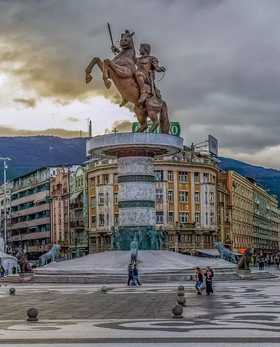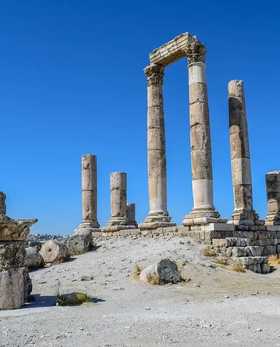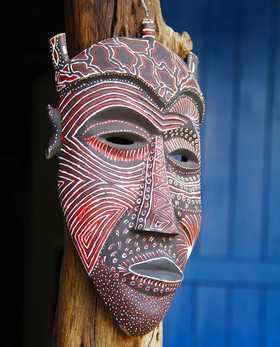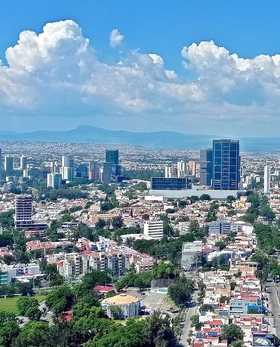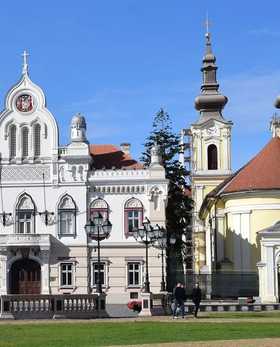Solo nomad: Estimated monthly costs are $417 (excluding rent), and $1,121 including rent.
Family of 3: Estimated monthly costs are $1,156 (excluding rent), and $1,821 including rent.
Meal at Budget Restaurant
$0.98 ₦1,333
$4.47 ₦6,090
Three-Course Dinner for Two, Mid-Range
$25.90 ₦35.3K
$100 ₦137.0K
Fast Food Meal (McDonalds, etc)
$4.41 ₦6,019
$9.79 ₦13.3K
Cappuccino
$0.99 ₦1,351
$3.95 ₦5,391
Coke/Pepsi/Fanta/Sprite (0.33 liter bottle)
Water (0.33 liter bottle)
Local Beer (0.5 liter draught)
Imported Beer (0.33 liter bottle)
$0.93 ₦1,262
$3.05 ₦4,160
One-way Ticket (Public Transport)
Taxi Start (Normal Tariff)
Taxi (Normal Tariff) (1km)
$0.92 ₦1,249
$2.62 ₦3,575
Taxi 1hour Waiting (Normal Tariff)
$2.56 ₦3,490
$6.32 ₦8,613
Midsize Hatchback 1.4l (Volkswagen Golf, Toyota Prius, Honda Civic, etc)
$12.8K ₦17.4M
$24.5K ₦33.4M
Compact Sedan 1.6l (Toyota Corolla, Mazda3, Kia K4, Hyundai Elantra, etc)
$19.3K ₦26.3M
$26.9K ₦36.7M
Utilities for 2 People in 2-bedroom Apartment (Heating, Electricity, Gas, Water, Garbage) (85m2)
$21.57 ₦29.4K
$78.6 ₦107.2K
SIM Card Monthly Plan (Calls and 10GB+ Data)
$3.93 ₦5,358
$13.86 ₦18.9K
Internet (50+ Mbps, Unlimited Data)
$15.66 ₦21.4K
$52.2 ₦71.2K
Jeans (Levis 501 Or Similar)
$12.77 ₦17.4K
$36.19 ₦49.4K
Summer Dress (H&M, Zara, etc)
$11.49 ₦15.7K
$52.5 ₦71.6K
Sport Shoes (Adidas, Nike)
$16.90 ₦23.0K
$129 ₦175.6K
Men's Leather Business Shoes
$23.48 ₦32.0K
$115 ₦156.8K
1-bedroom Apartment, City Center (Monthly)
-
1-bedroom Apartment, Outside City Center (Monthly)
-
3-bedroom Apartment, City Center (Monthly)
3-bedroom Apartment, Outside City Center (Monthly)
$450 ₦614.2K
$1,054 ₦1.4M


